As global automotive leaders including Tesla, Volkswagen, and BYD accelerate toward full electrification, their greatest challenge is no longer the motor itself—it’s taming the extreme heat and meeting the rigorous electrical requirements of high-voltage batteries and advanced power electronics. That's why precision ceramic parts emerge as indispensable, not only because of their extreme thermal resistance, superior hardness, chemical inertness, but also their exceptional electrical insulation. They are not merely substitutes of plastics or metal but enablers of the next generation of high-performance EVs.
 While critically important in EVs, ceramic parts are also widely used across other demanding sectors, from aerospace to medical and beyond. However, finding the right ceramic parts manufacturer who can consistently meet stringent requirements is not that easy. Buyers frequently face all kinds of challenges throughout the process, leading to gaps between expectation and execution, supply chain risk or inflated costs.
While critically important in EVs, ceramic parts are also widely used across other demanding sectors, from aerospace to medical and beyond. However, finding the right ceramic parts manufacturer who can consistently meet stringent requirements is not that easy. Buyers frequently face all kinds of challenges throughout the process, leading to gaps between expectation and execution, supply chain risk or inflated costs.
The most critical challenge is produciton inconsistency. While some ceramic parts manufacturers boast standard certifications like ISO 9001 to standardize quality, buyers frequently report that initial samples often fail to match the consistency and quality of subsequent production runs, leading to costly internal rework, scrap material, and severe project delays.

Another challenge is poor communication, where technical details are misunderstood, and Sales teams don't grasp the complexity of the machining process , resulting in avoidable errors and extended lead times. Plus, many ceramic parts manufacturers are some knind of shortsighted, prioritizing quick customer acquisition over cultivating a strategic, long-term partnership, acting just like a vendor.
Key Factors to Be Taken into Considerstion When Choosing a Manufacturer
Given these challenges, the decision to find and select a precision ceramic parts manufacturer is far more than a simple procurement decision—it’s about establishing a long-term partnership. Blow are vital factors taken into consideration:
1. Expertise in Material Science and Manufacturing Processes
The foundation of a great ceramic part is the right material and the right technique.
-
Material Capabilities: Does the ceramic parts manufacturer have proven experience with the specific ceramic material your application requires? This includes Alumina, Zirconia, Silicon Nitride, or others. Each material has unique properties; expertise in processing it is non-negotiable for consistent performance.
-
Process Proficiency: Evaluate their range of manufacturing technologies. Are they skilled in:
-
Ceramic Injection Molding (CIM): Ideal for high-volume, complex shapes requiring tight tolerances.
-
CNC Machining: Necessary for prototyping and parts with highly intricate features.
-
Pressing/Sintering: Suitable for simpler geometries and larger volumes.
-
2. Quality Control, Precision, and Tolerances
In precision parts, quality is defined by consistency and adherence to stringent specifications.
-
Tight Tolerances: Precision is paramount. You must confirm that the manufacturer can consistently hold the required dimensional tolerances and finishes for your application. Ask for evidence and verification data from previous projects.
-
Robust Quality Management System: Check for international certifications, particularly ISO 9001 (general quality management) or those can prove the overall strength.
-
Inspection Procedures: Inquire about their in-process control and final inspection. Do they use advanced measuring equipment? A reliable partner implements rigorous quality checkpoints throughout the entire production cycle, not just at the end.
3. Production Capacity and Supply Chain Stability
Your chosen partner must align with your project's scope, both now and in the future.
-
Production Volume: Match the manufacturer's capacity to your needs. Some specialize in low-volume prototyping, while others excel in high-volume mass production (where CIM technology is key). Understand their minimum order quantity (MOQ) and their ability to scale.
-
Lead Times and Delivery: Discuss expected lead times for tooling, prototypes, and full production runs. A manufacturer with efficient, well-documented processes is more likely to meet deadlines consistently.
-
Raw Material Sourcing: A stable supply chain is crucial. Ask about their raw material suppliers to mitigate risks related to material quality fluctuations or sudden shortages, which can severely impact your production schedule.

4. Technical Collaboration and Track Record
The best relationships are true partnerships built on communication and trust.
-
R&D and Problem-Solving: A great manufacturer doesn't just execute; they innovate. Do they have strong R&D capabilities to help co-develop new solutions or materials if your project faces technical hurdles?
-
Industry Experience: Look for a proven track record within your specific industry. A supplier experienced in medical implants will understand biocompatibility and strict cleanliness requirements, while one focused on aerospace will grasp high-temperature and extreme environment demands.
-
References and Transparency: Request customer references, particularly from companies with similar application requirements. A transparent manufacturer will readily provide facility audit data, process documentation, and quality reports.
By thoroughly evaluating the material expertise, quality management systems, production capacity, and collaborative approach, you can significantly de-risk your project and ensure the final manufacturer is not just proper, but perfect for your critical application needs.
If you're on the lookout for a ceramic parts manufacturer, XY-GLOBAL is one might worth trying thanks to its complete and proficient CIM expertise, ultra-pecision and advaned machines like 5-Axis and Ultra-Precision CNC Grinding Centers, ISO 9001 Quality Management System. Every process, from material selection to final metrology, is fully traceable and audited.

A Commitment to Sustainable Manufacturing
Moreover, to actively respond tothe United Nations’ call for sustainability, XY-GLOBAL believes that world-class precision must be matched by world-class responsibility. So partnering with us that holds an ISO 14001 certification can provide ethical and long-term value beyond the ceramic parts themselves.
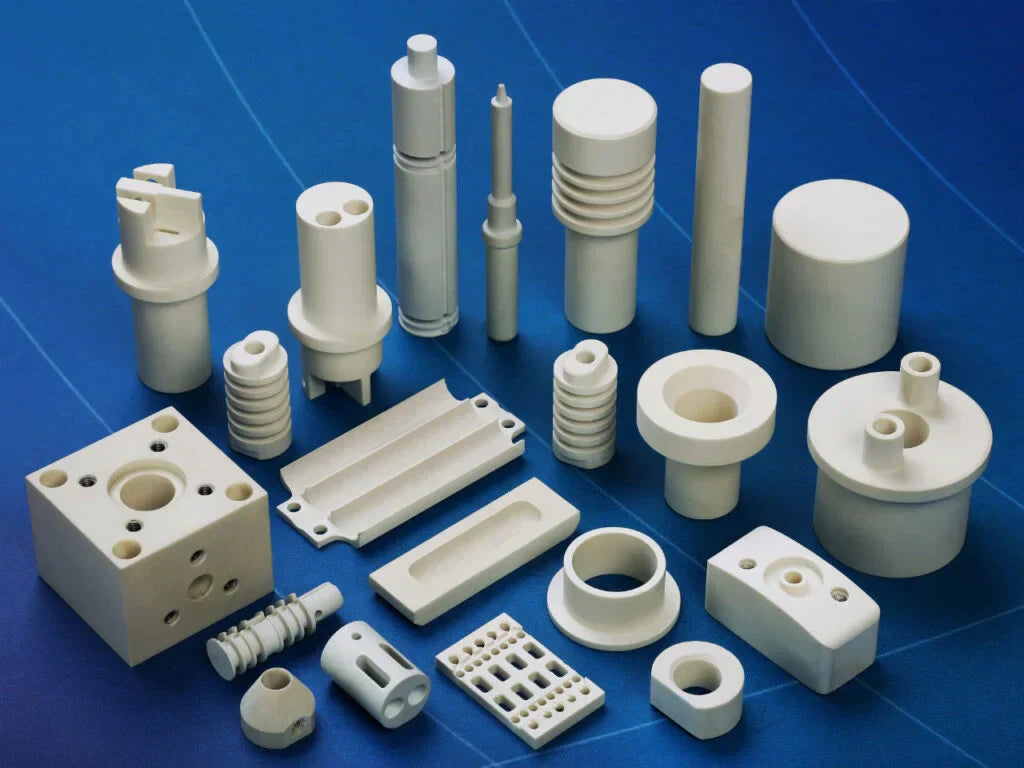
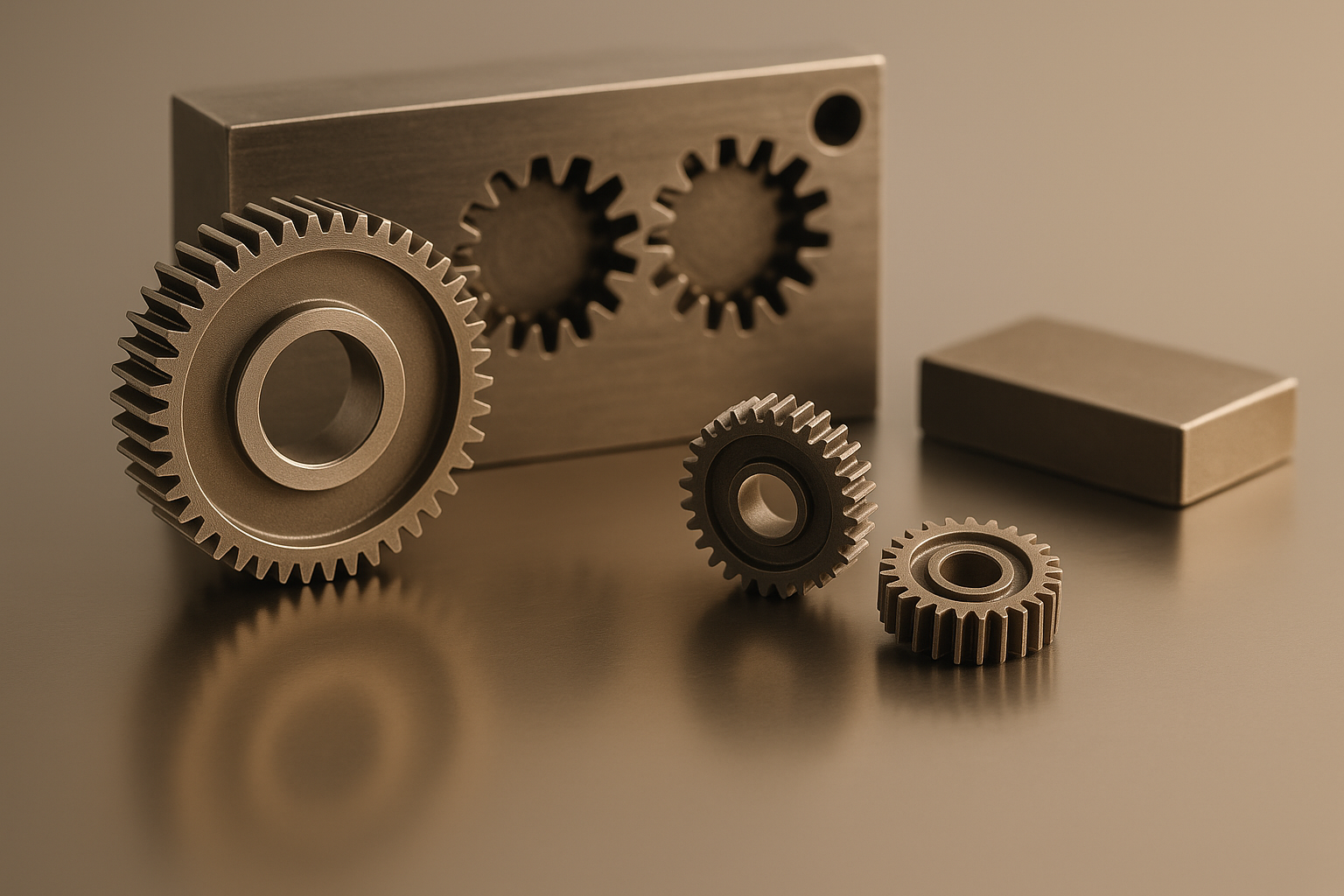
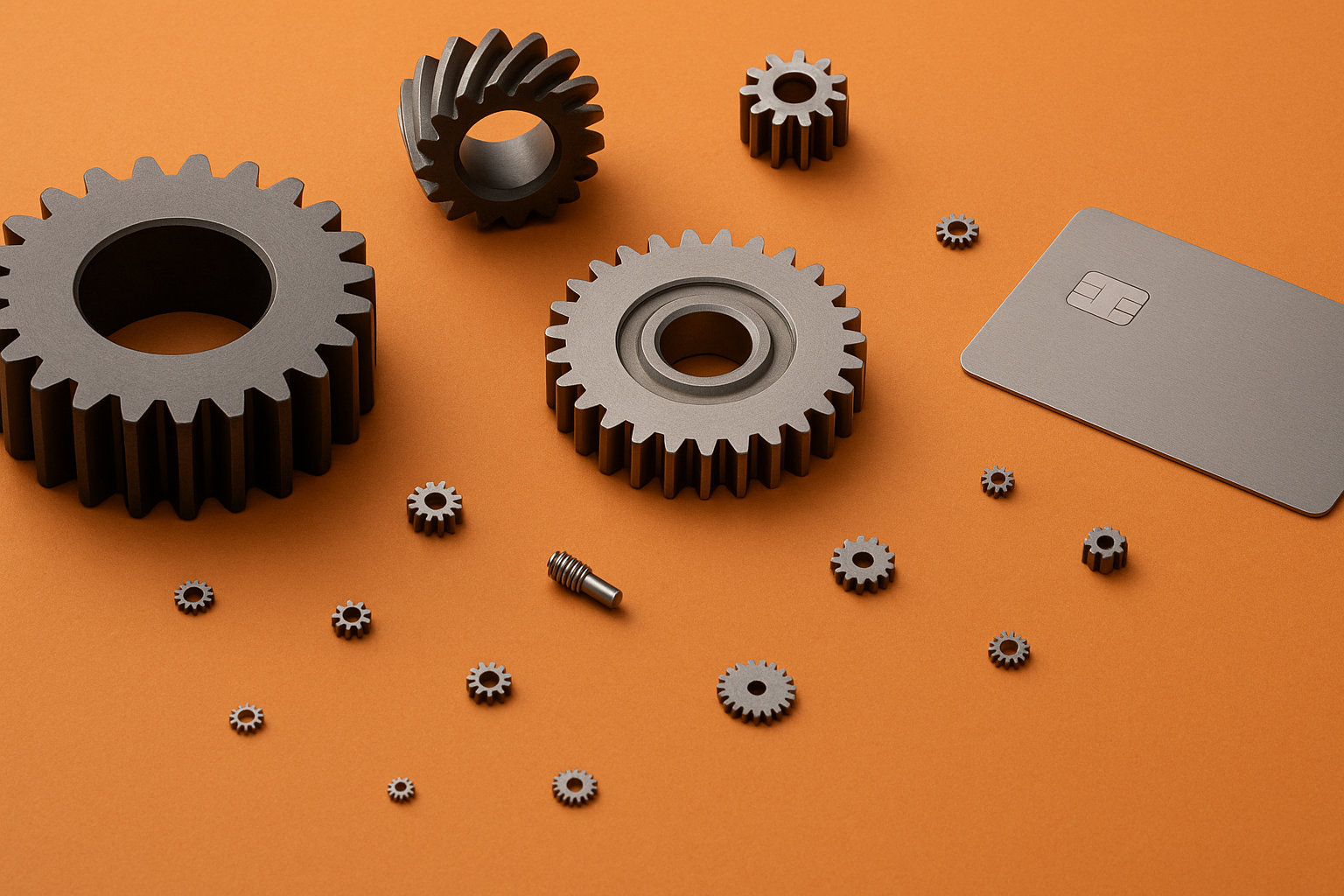
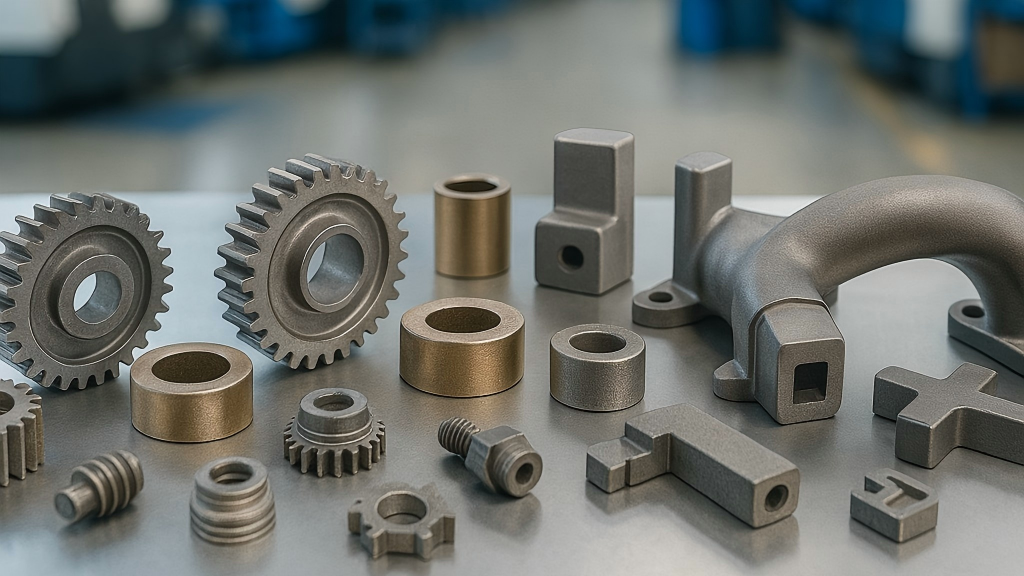
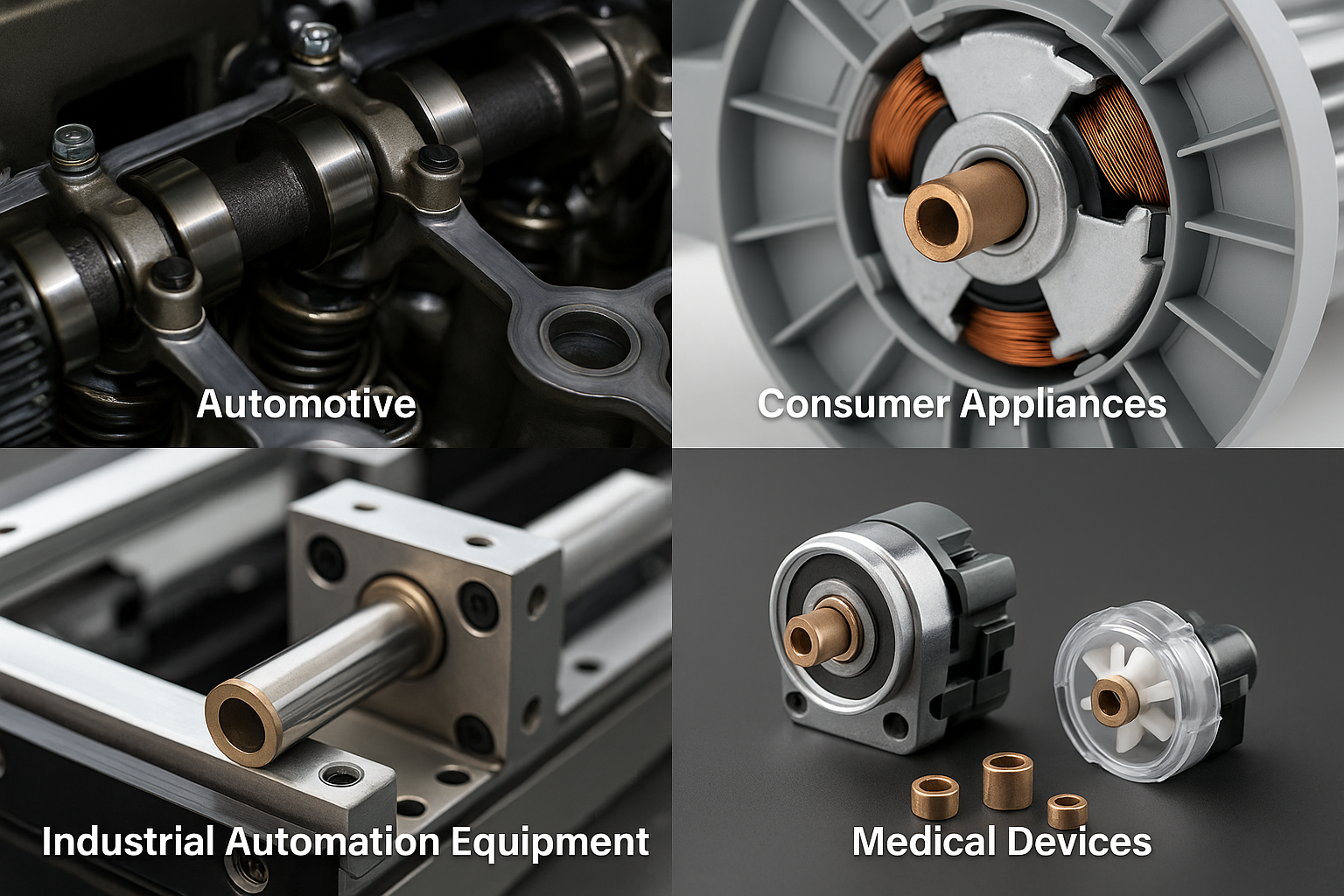
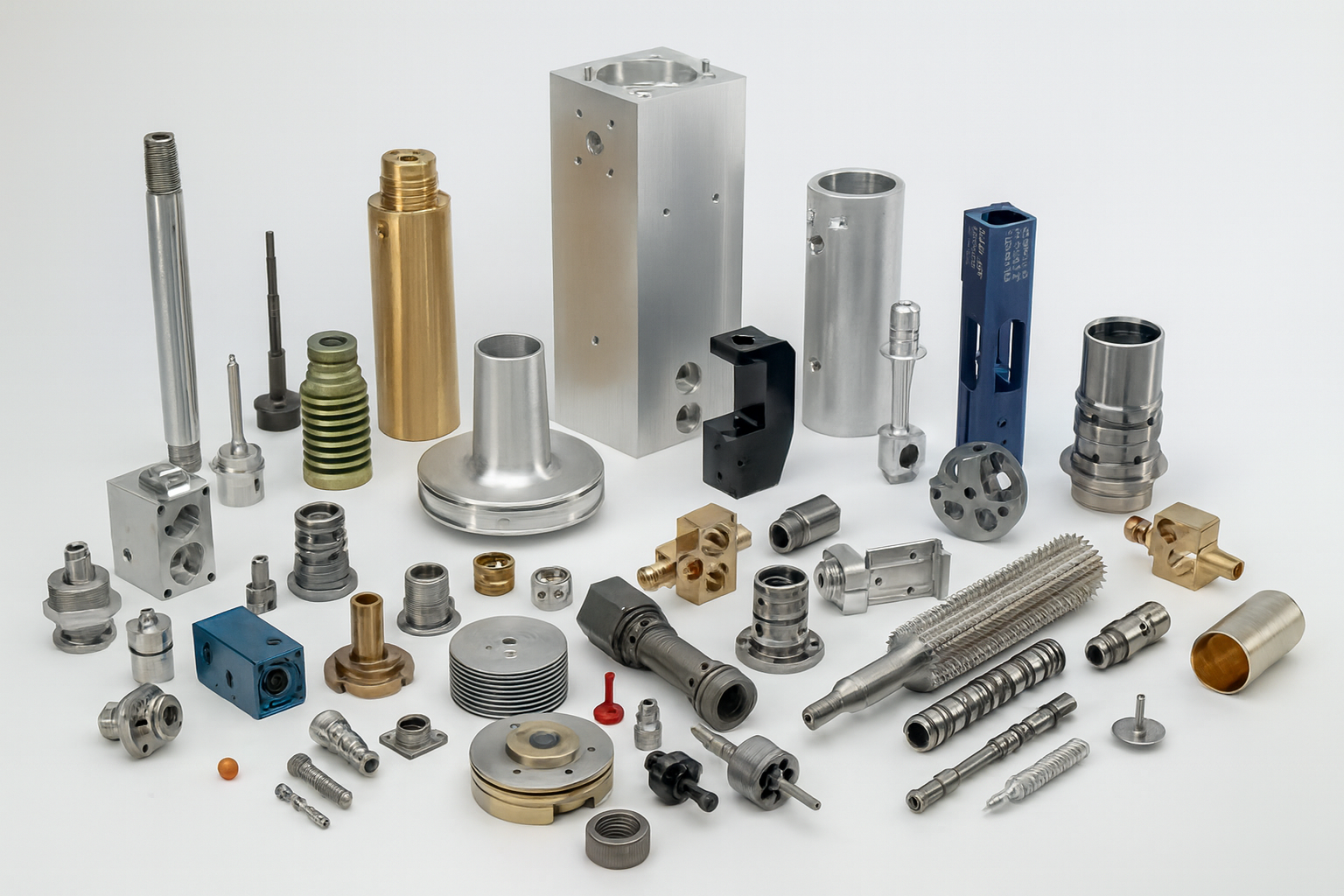
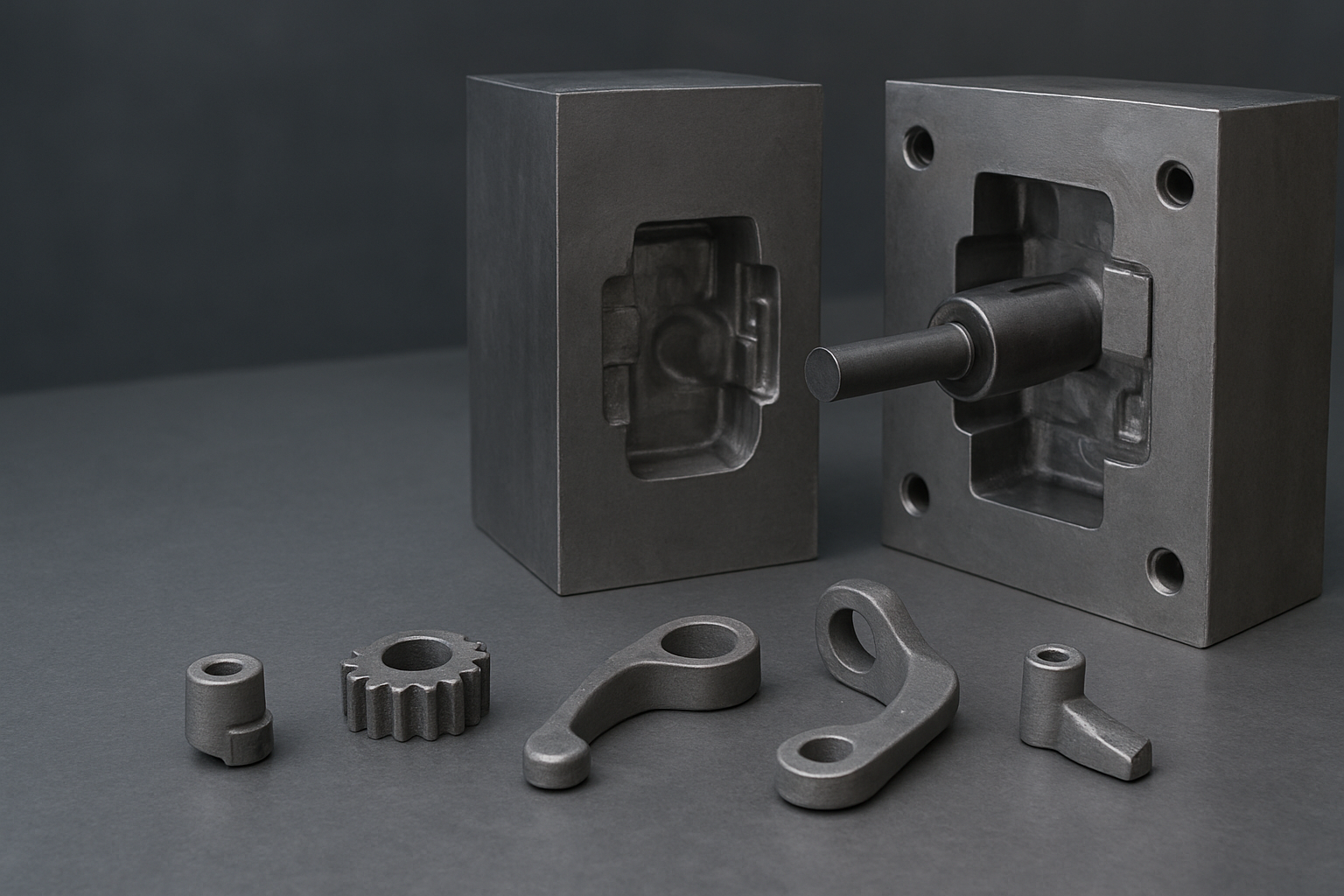
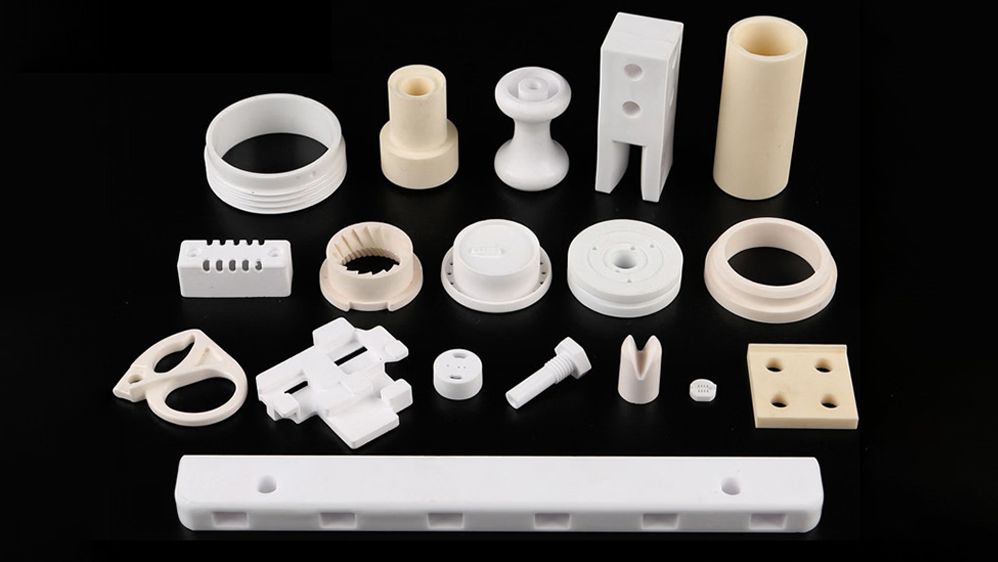
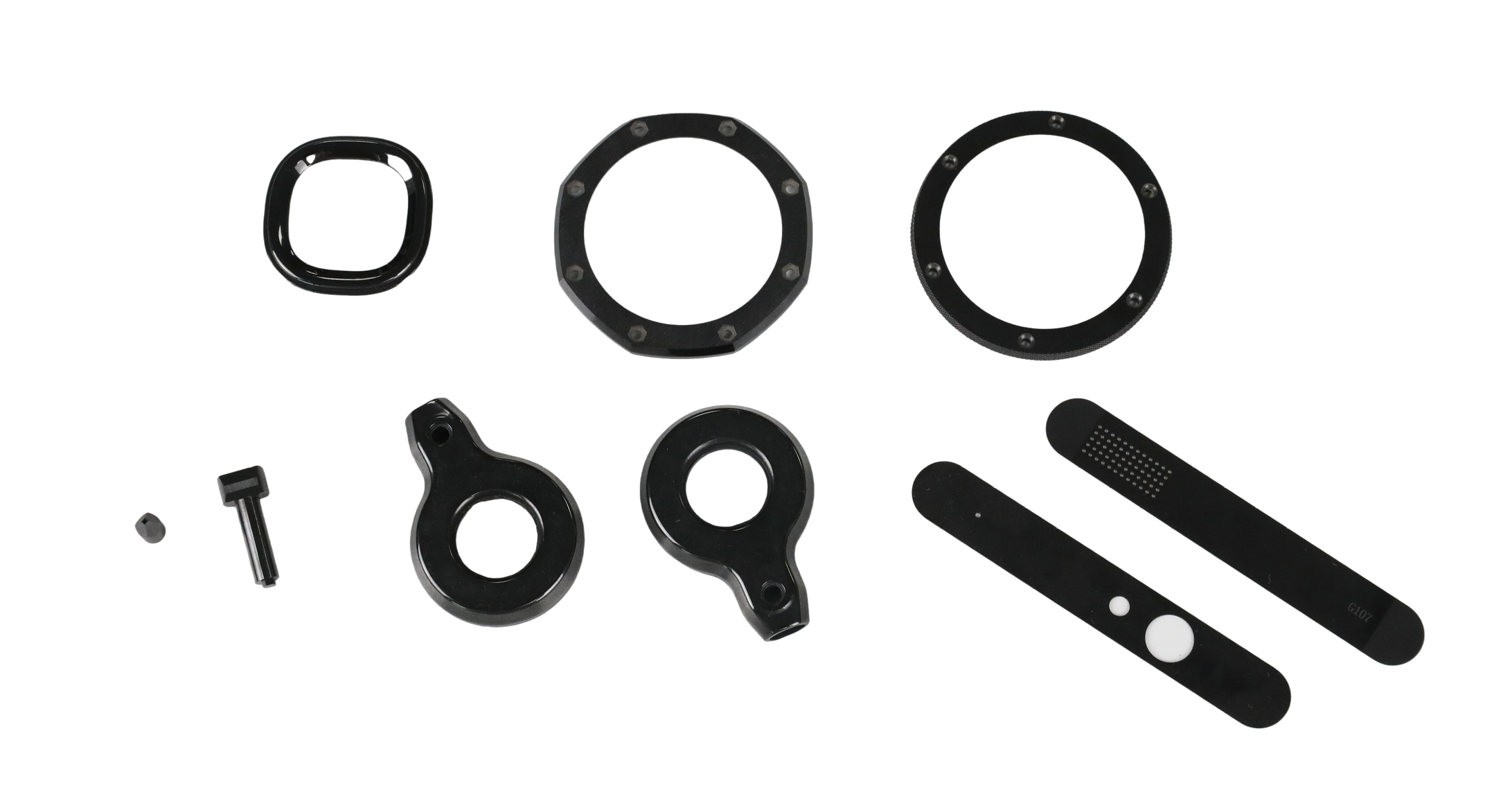
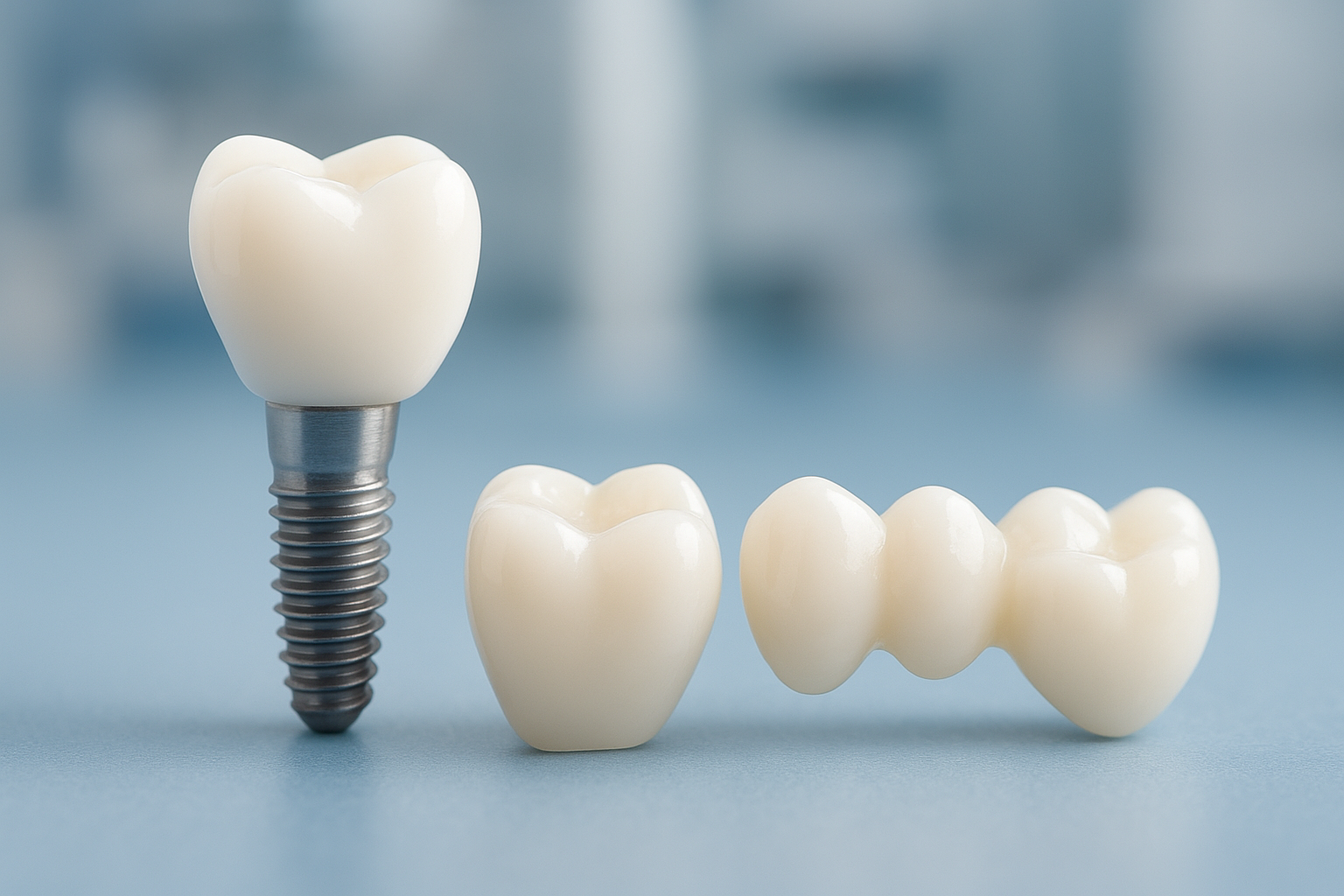
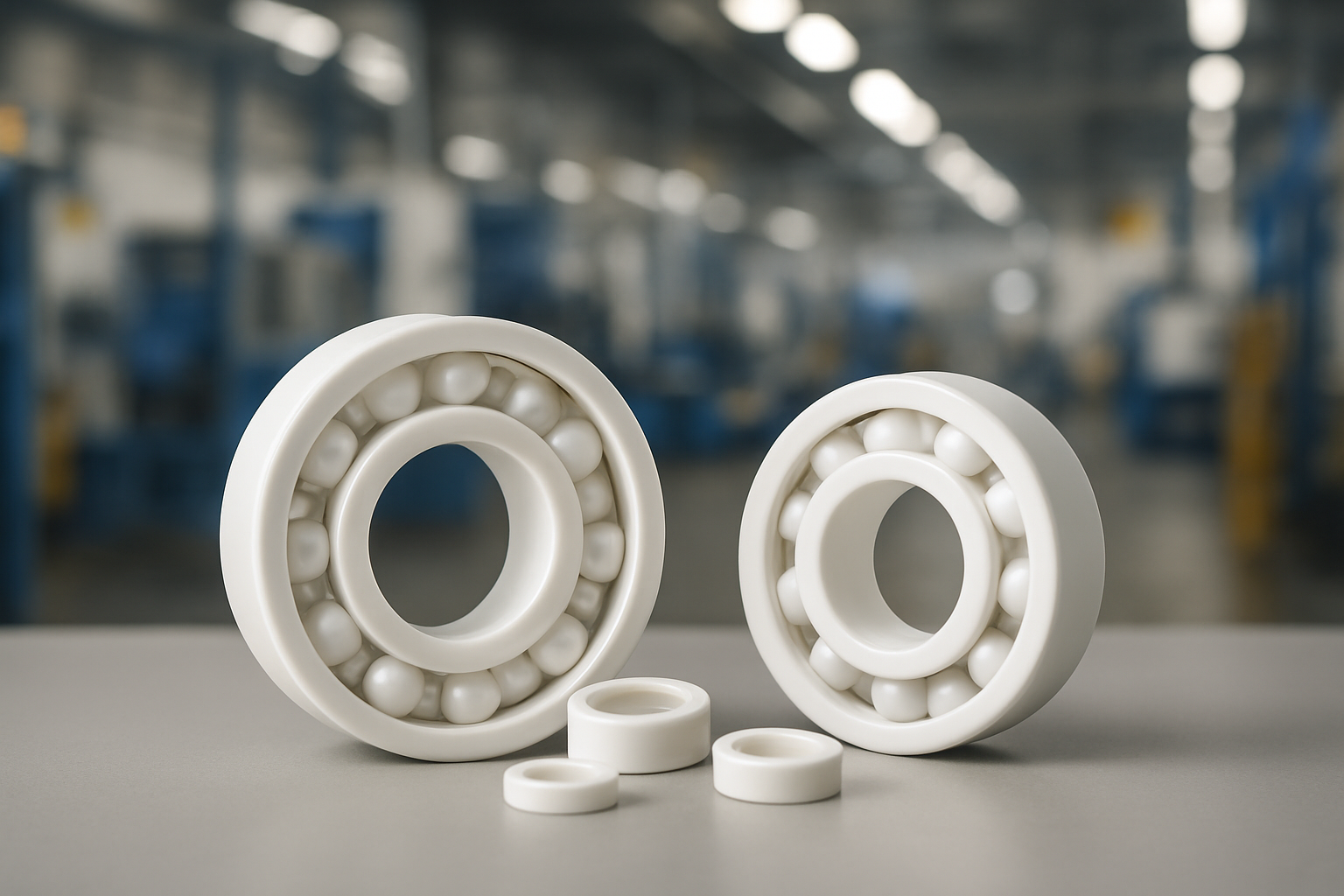
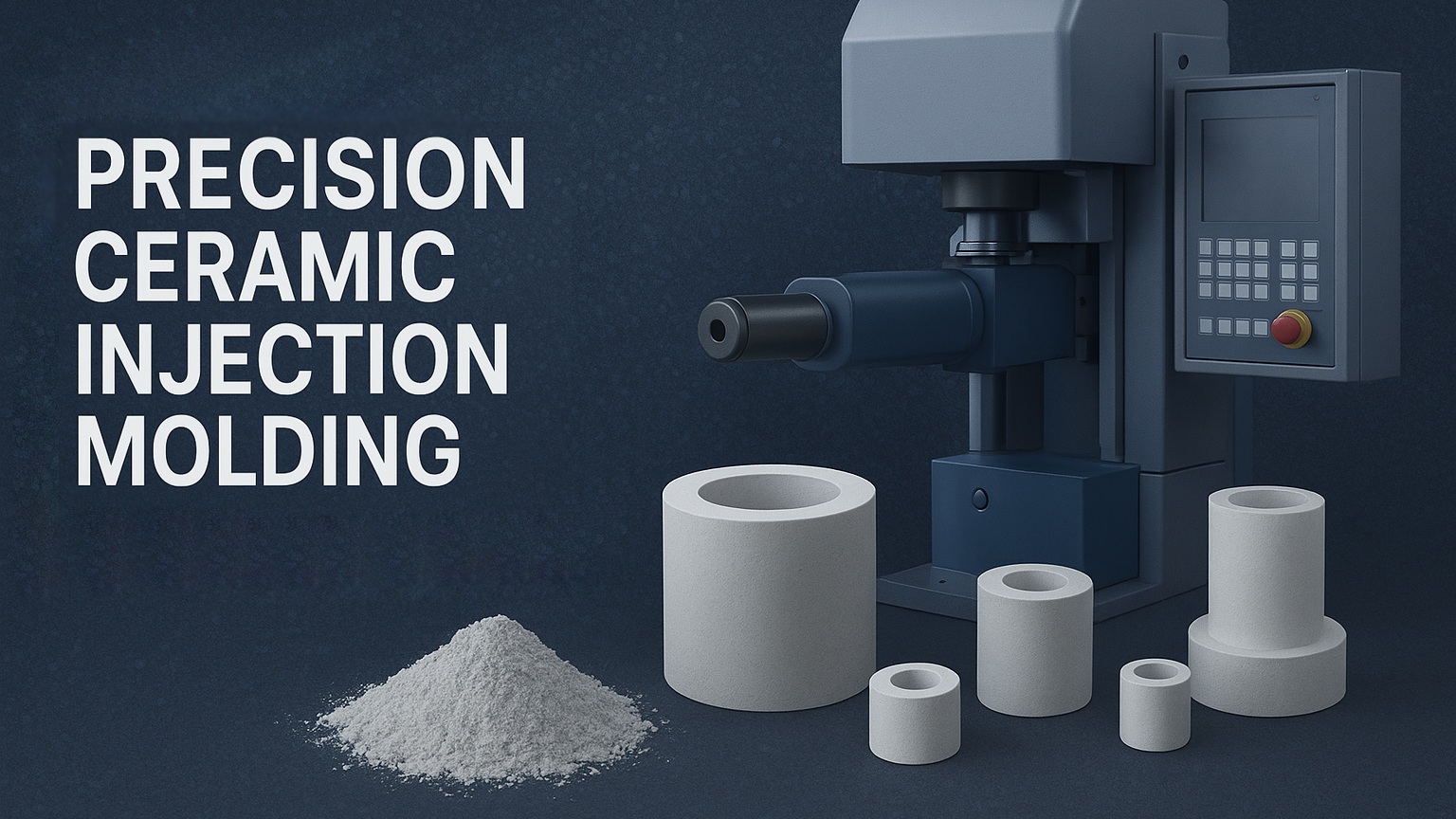
Compartir:
Understanding Carbide Sintering: From Powder to Precision Tooling